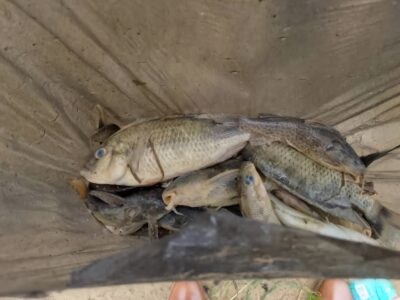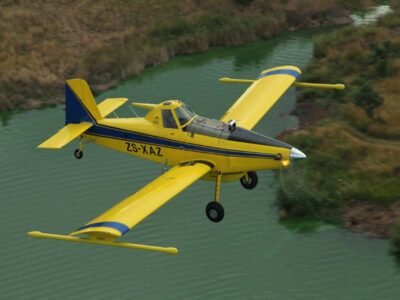About 15 countries have expressed interest to join the Freshwater challenge which is currently being implemented in six countries including Zambia, the Worldwide Fund for Nature (WWF) Zambia has said.
WWF Country Director, Nachilala Nkombo, said the new member countries are from Africa, Asia, Europe, North and South America.
Nkombo in a statement issued in Lusaka on Sunday, said the 15 were officially unveiled at a high level event with 15 Ministers hosted by the Conference of all Parties (COP28) Presidency.
She stated that the 15 were joining the six countries that launched the initiative at the United Nations (UN) 2023 Water Conference in New York namely Colombia, Democratic Republic Congo, Ecuador, Gabon, Mexico and Zambia.
“The champions and new signatories include Brazil, Burkina Faso, Cambodia, Canada, Chad, Chile, Dominican Republic, Fiji, France, Finland, Germany, Iraq, Kenya, Liberia, Malawi, Mali, Mauritania, Mozambique and Nepal,” Nkombo disclosed.
She identified others as the Netherlands, Niger, Norway, Peru, Republic of Congo, Senegal, Slovenia, Spain, Tajikistan, Tanzania, United Arab Emirates, United Kingdom and USA.
Nkombo said the Freshwater Challenge was the world’s largest initiative, and it aims to restore degraded rivers, lakes and wetlands to protect vital freshwater ecosystems and is part of the Water Action Agenda.
The WWF Zambia Country Director stated that Challenge focuses on leveraging the support needed to conserve the intact freshwater ecosystems and bring 300,000 km of rivers and 350 million hectares of wetlands under restoration by the year 2030.
Nkombo said to ensure the initiative was an absolute success, WWF Zambia had been a driving force by leading the way in identifying wetlands in urgent need for restoration and protection.
“The Kafue river, Magoye river and Lukanga swamps are the three wetlands shortlisted under the challenge for restoration and protection after discovering the adverse impact environmental risks have had on the three freshwater ecosystems,” she added.
Nkombo noted that in the wake of climate change, water had been one of the most threatened natural resources, emphasizing that concerted efforts in mitigating the adverse effects of this catastrophic natural disaster was the best available option for every countries, Zambia inclusive.
Read More: A deal to address impact of climate change in Zambia sealed
“Healthy freshwater ecosystems are critical to mitigating and adapting to climate change. They are seen as the foundation for a water resilient future,” Nkombo said.
She insisted that connected floodplains and healthy wetlands could reduce the impact of extreme floods and build resilience to ever increasing droughts adding that freshwater ecosystems must be maintained in pristine conditions at all times.
Nkombo said it was encouraging to see more countries coming onboard for a great cause, especially at a time as this when climate change effects are more aggressive than ever before, placing a desperate call for collaborative effort.
WARNING! All rights reserved. This material, and other digital content on this website, may not be reproduced, published, broadcast, rewritten or redistributed in whole or in part without prior express permission from ZAMBIA MONITOR!












Comments